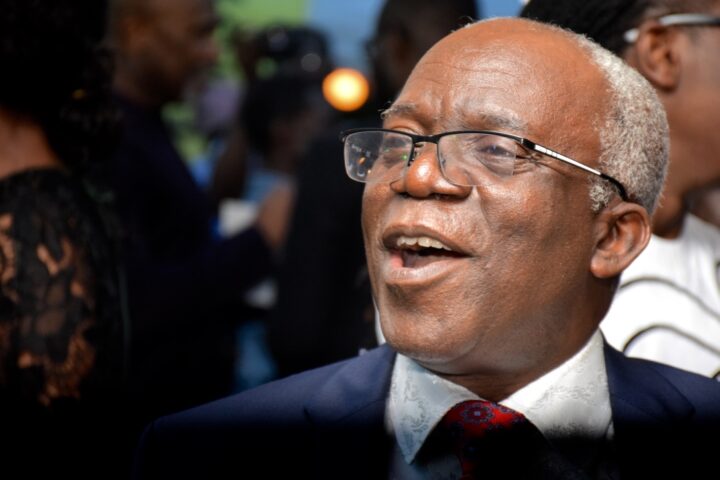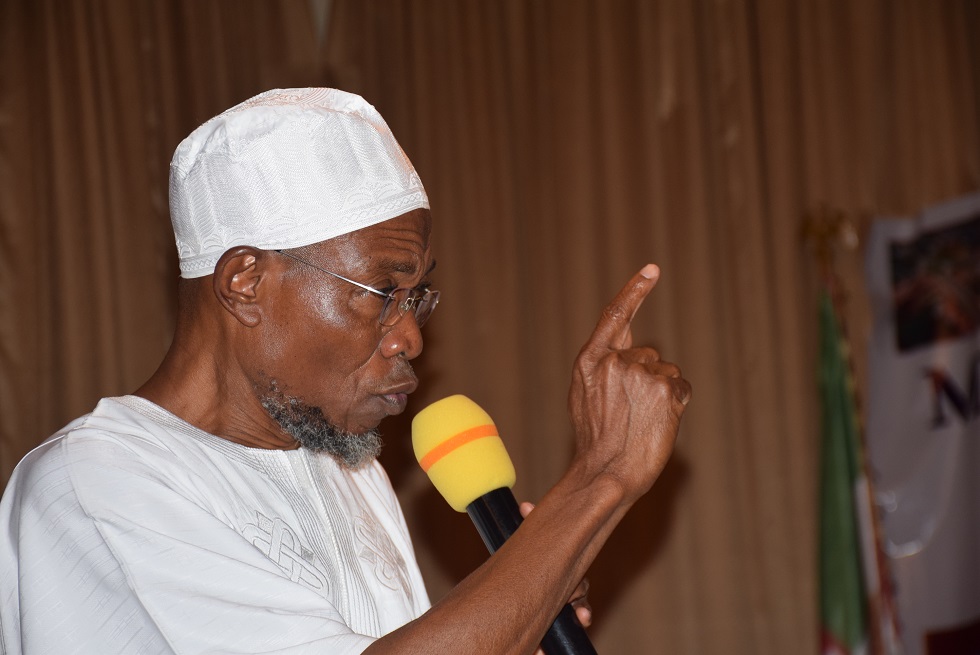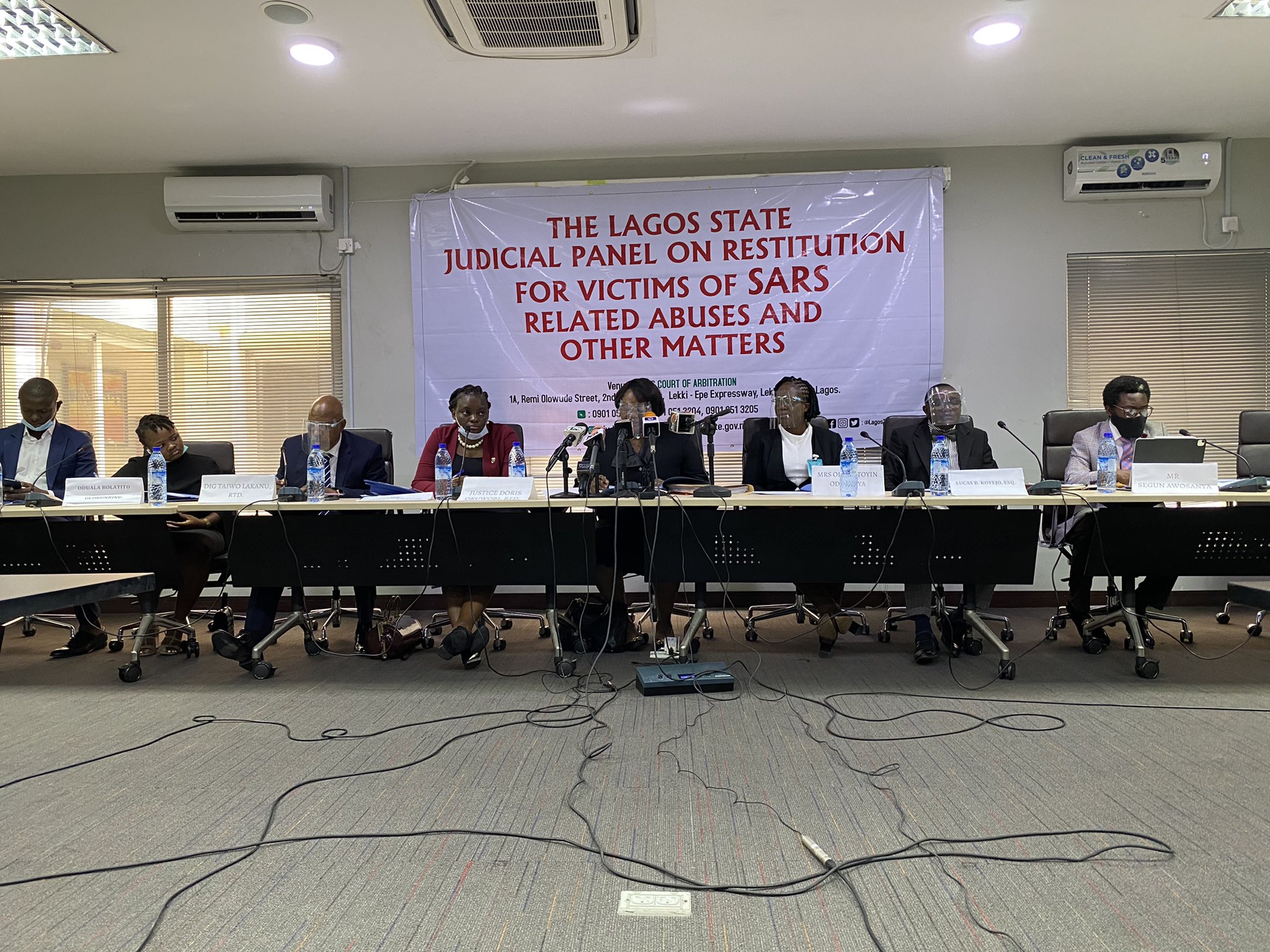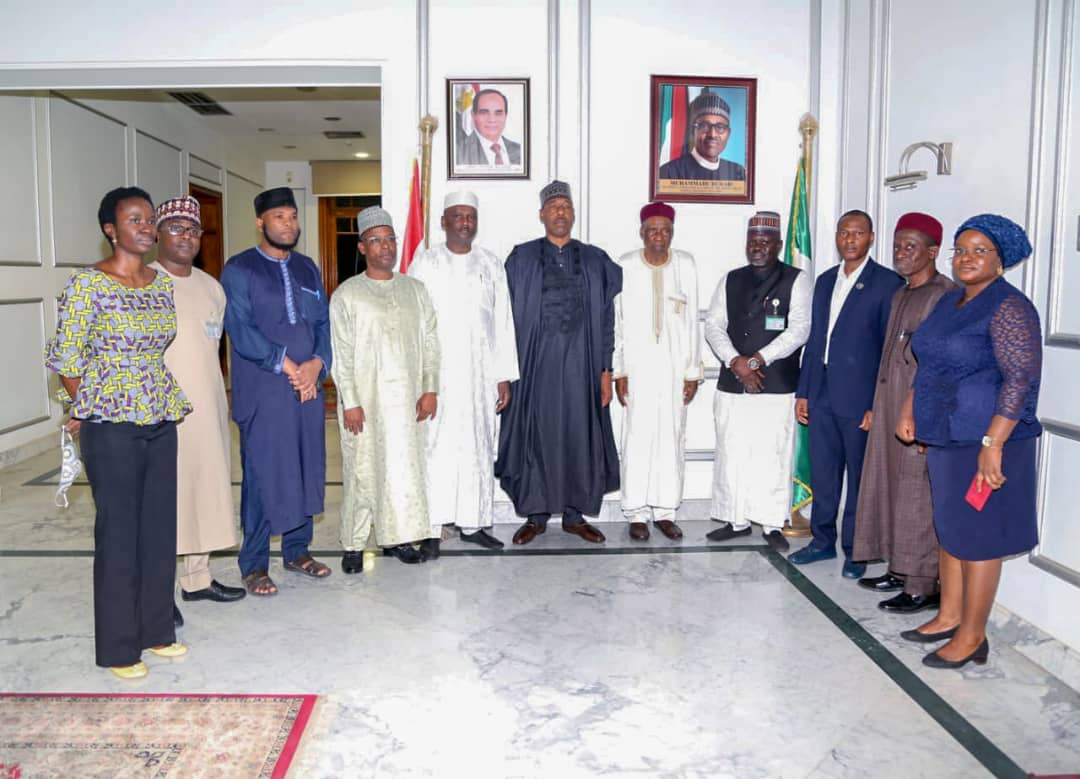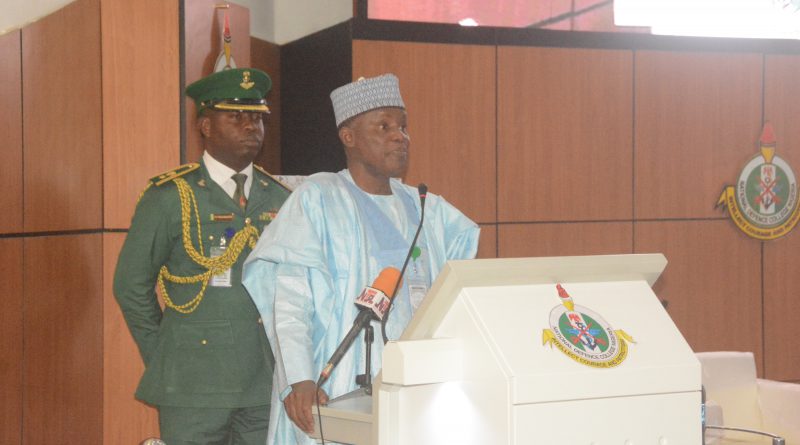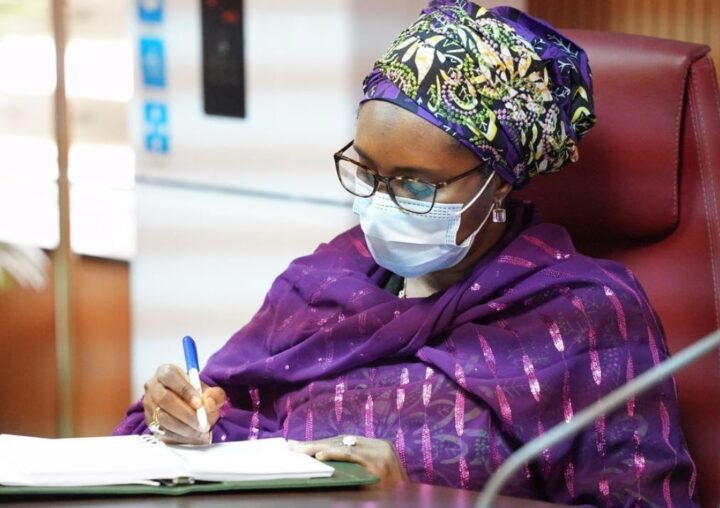Femi Falana, a human rights lawyer and a senior advocate of Nigeria (SAN), says governors did not breach the law by setting up judicial panels of inquiry in their respective states.
Falana was reacting to arguments that have ensued about the constitution of panels of inquiry by the governors.
Many people – including lawyers – have argued that panels set up by the governors to probe police brutality are illegal because they do not have such powers.
The governors set up these panels in the aftermath of demonstrations against police brutality which lasted for 12 days in October.
Advertisement
In a statement on Tuesday, the lawyer noted that the setting up of panels of inquiry are not items on the exclusive or concurrent list as contained in the constitution.
While citing supreme court cases, the lawyer said the circumstances leading to the setting up of the panels are “residual matter within the exclusive legislative competence of state governments”.
“Sequel to the aforementioned resolutions, state governors, have in exercise of the powers vested in them by the Tribunal of Inquiry Laws, instituted Judicial Commissions of Inquiry to probe complaints of human rights abuse and make appropriate recommendations to the governments. The resolutions are perfectly in order as the Tribunal of Inquiry of each state qualifies as an existing law under section 315 of the 1999 Constitution. See Williams v Dawodu (1988) 4 NWLW (PT 87),” he said.
Advertisement
“It is submitted that by virtue of section 1 of the Tribunal of Inquiry law each Governor is vested with the power to constitute a tribunal of inquiry to inquire into the conduct of officers or of any chief or of the department of the government and related issues.
“Regrettably, in spite of of the several decisions of the supreme court on the constitutional powers of state governments over law and order including crime control, many lawyers have continued to believe that state governments are appendages of the federal government as was the case under the defunct military junta.
“In view of the categorical pronouncement of the Supreme Court on the validity of Section 5 (c) of the Tribunal of Inquiry Law it is submitted that the power of all state governments to set up judicial commissions of inquiry to probe human rights abuse arising from police brutality is well grounded in law.”
Falana said the panel has the powers to summon police or military personnel to testify before it.
Advertisement
“Indeed, it is in the interest of all persons accused of violating the human rights of citizens to defend themselves in exercise of their fundamental right to fair hearing guaranteed by section 36 (1) of the constitution,” the lawyer said.
“Another objection is that the the judicial commissions of inquiry are not competent to probe human rights abuse because the National Human Rights Commission has been empowered by the National Human Rights Commission Act to investigate all allegations of human rights in any part of the country.
“With respect, this argument is a red herring as the national human rights commission has not been clothed with exclusive power to investigate all allegations of infringement of human rights in Nigeria.”
Advertisement
Add a comment

